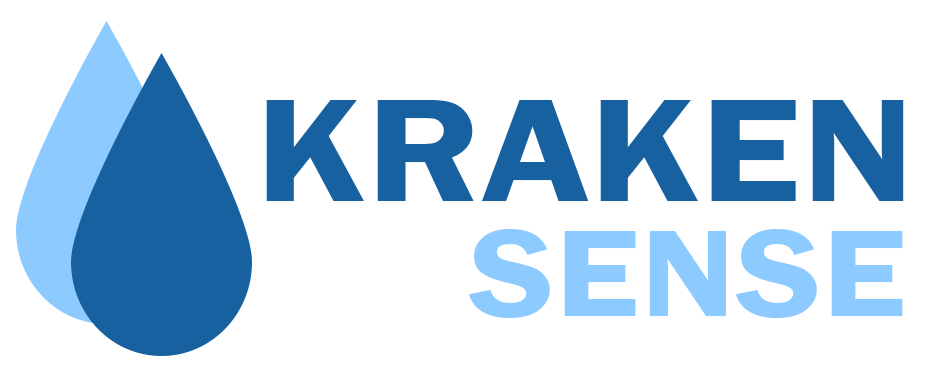Strengthening Public Health: OCWA and MECP's Inter-Lab Approach to Wastewater Surveillance
Infectious diseases present evolving threats to community health worldwide. With the onset of the COVID-19 pandemic, the need for proactive measures to track and mitigate the spread of infectious diseases has become more apparent than ever. Amidst this urgency, the Ontario Clean Water Agency (OCWA) and the Ontario Ministry of the Environment, Conservation and Parks (MECP) established the Wastewater Surveillance Initiative to detect COVID‑19 in wastewater samples across Ontario.
What is wastewater monitoring?
Wastewater monitoring is used by scientists and public health officials to track the spread of diseases within communities. When an individual becomes infected with a virus, they begin to shed viral fragments in their waste a few days before they start showing symptoms. These fragments are flushed into the sewage system, providing an opportunity to test and monitor wastewater for the presence of viruses in communities and institutional settings, such as long-term care facilities.
Since viral fragments begin to shed during the asymptomatic period, wastewater monitoring can be used as an early indicator for the presence of infections not yet detected by individual clinical testing. Furthermore, community-level monitoring can act as a warning system for potential outbreaks, tracking the spread of viruses in close to real-time. By monitoring changes in viral load and genetic variants present in wastewater samples over time, public health authorities can anticipate and proactively respond to emerging threats, thereby preventing large-scale outbreaks.
Wastewater monitoring also offers a cost-effective and resource-efficient approach to disease surveillance, particularly in densely populated areas or regions with limited healthcare infrastructure. By aggregating data at the community level, authorities can allocate resources more effectively and prioritize interventions based on the level of risk indicated by wastewater analysis.
Inter-laboratory Methods Comparison Program
To support the Wastewater Surveillance Initiative, OCWA is leading an Inter-laboratory Methods Comparison Program across a network of provincial academic and research institutions. By providing technical expertise and guidance, the program ensures that participating labs are generating precise and accurate wastewater monitoring data. This collaborative approach is essential for maintaining consistency and comparability across different laboratory settings, facilitating meaningful data interpretation and analysis.
This effort, supported by the Public Health Agency of Canada - National Microbiological Laboratory (PHAC-NML), extends nationally across Canada, focusing on RT-qPCR and dPCR methods. Reverse transcription quantitative polymerase chain reaction (RT-qPCR) and digital polymerase chain reaction (dPCR) are commonly used in wastewater surveillance applications globally.
Kraken Sense has played a pivotal role in this endeavor, developing autonomous bacterial, viral, and molecular testing devices. Leveraging microfluidics, advanced optics, and qPCR quantification (RT-qPCR for viral RNA), Kraken Sense's device and custom reagents underwent rigorous comparison against several traditional labs, including the PHAC-NML, to validate their methods. This scrutiny reinforces their contribution to the pursuit of accurate and efficient wastewater surveillance for not only SARS-CoV-2, but also Pepper Mild Mottle Virus (PMMoV), an indicator of fecal contamination in water sources.
The KRAKEN™ device stands as a revolutionary solution addressing critical gaps in biosurveillance and public health testing. Across regions, especially in remote and indigenous communities, access to effective biosurveillance and public health testing remains a challenge. Conventional methods, often reliant on specialized laboratory setups, struggle to reach these areas due to logistical barriers. Yet, the KRAKEN™ platform redefines accessibility by offering autonomous sampling and real-time analysis without the need for dedicated BSL-2 laboratories, serving as a vital tool in strengthening communities against the threats posed by infectious diseases.
Conclusion
OCWA's Inter-Lab program stands as a testament to ensuring high-quality data to advance infectious disease management efforts. Kraken Sense is proud to contribute to this effort, strengthening the provincial and national network of institutions working towards a healthier future. We would like to give a special thank you to Alex Chik and Chris Adam of OCWA for working with us throughout this endeavor.
About Kraken Sense
Kraken Sense develops all-in-one pathogen detection solutions to accelerate time to results by replacing lab testing with a single field-deployable device. Our proprietary device, the KRAKEN, has the ability to detect bacteria and viruses down to 1 copy. It has already been applied for epidemiology detection in wastewater and microbial contamination testing in food processing, among many other applications. Our team of highly-skilled Microbiologists and Engineers tailor the system to fit individual project needs. To stay updated with our latest articles and product launches, follow us on LinkedIn, Twitter, and Instagram, or sign up for our email newsletter. Discover the potential of continuous, autonomous pathogen testing by speaking to our team.

